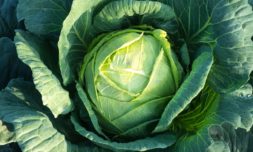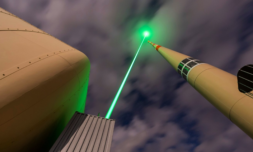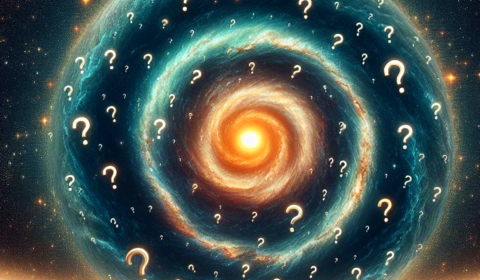It’s hard to believe any living thing could survive on a diet consisting of plastic, but new research has revealed that certain bacteria have found a way to ingest ocean pollution – making it disappear altogether.
If you’ve been visiting Thred for a while, you’re likely well-versed in how serious our global plastic pollution problem is.
We have written a ton about how the 12 million tons of plastic dumped into our oceans each year poses a major threat to marine plant and animal life, and ultimately, how it threatens the well-being of humans too.
We’ve also spotlighted numerous innovations and activist groups that are helping to clear up some of the ocean’s most polluted areas, including the notorious Great Pacific Garbage Patch.
Innovative catching mechanisms operated by The Ocean Cleanup are seeing great results, and plastic-eating robot fish and magnetic microplastic-attracting powders are being deployed for the job.
But Scientists at the Royal Netherlands Institute for Sea Research have noticed that some plastics are disappearing seemingly on their own. In attempts to pin down where it’s going, they’ve discovered something rather weird: plastic-devouring bacteria.





















